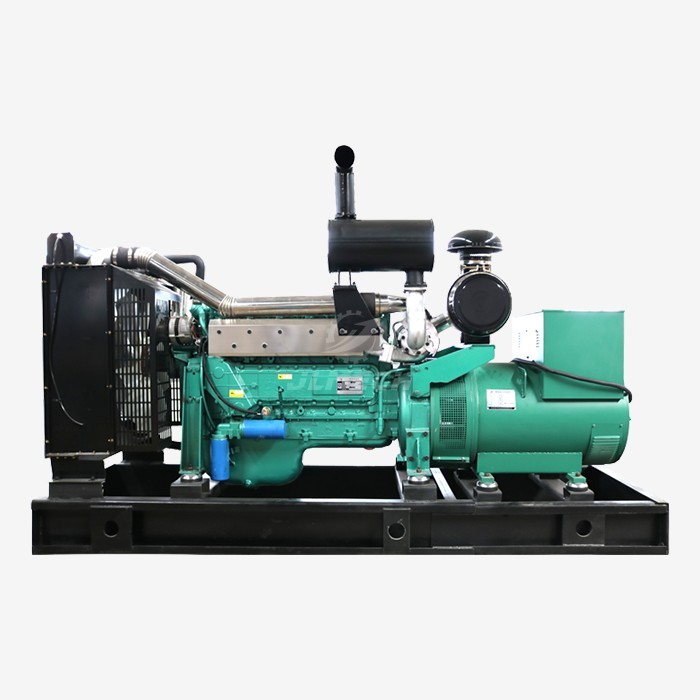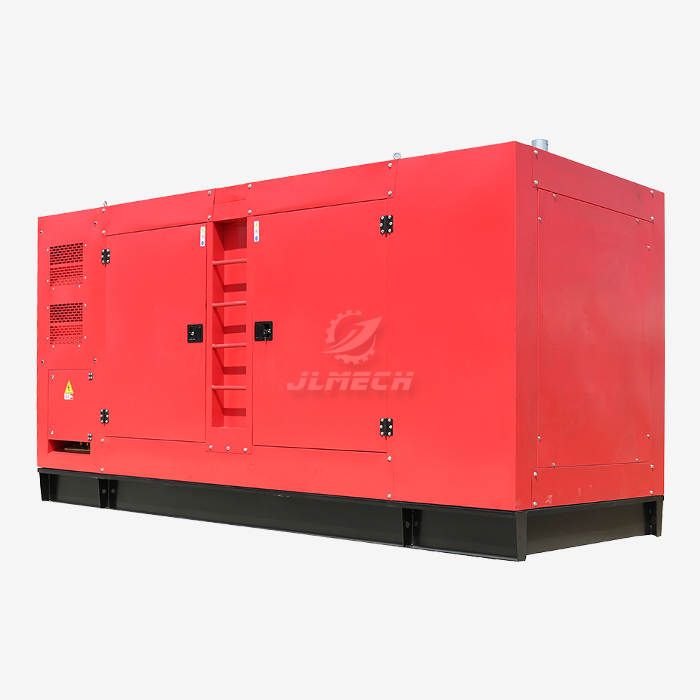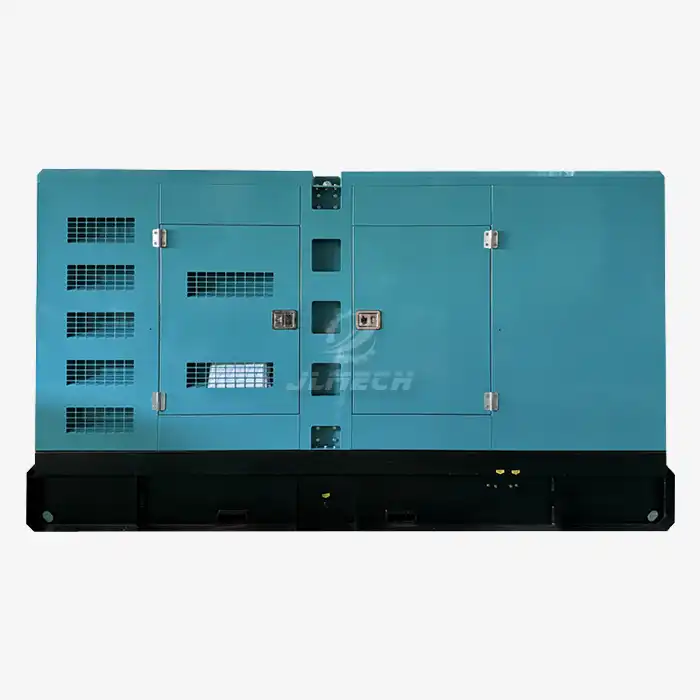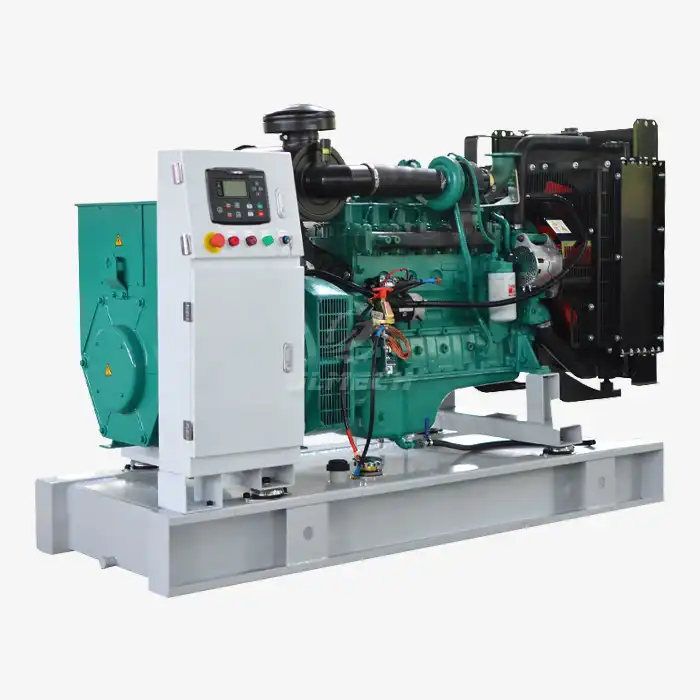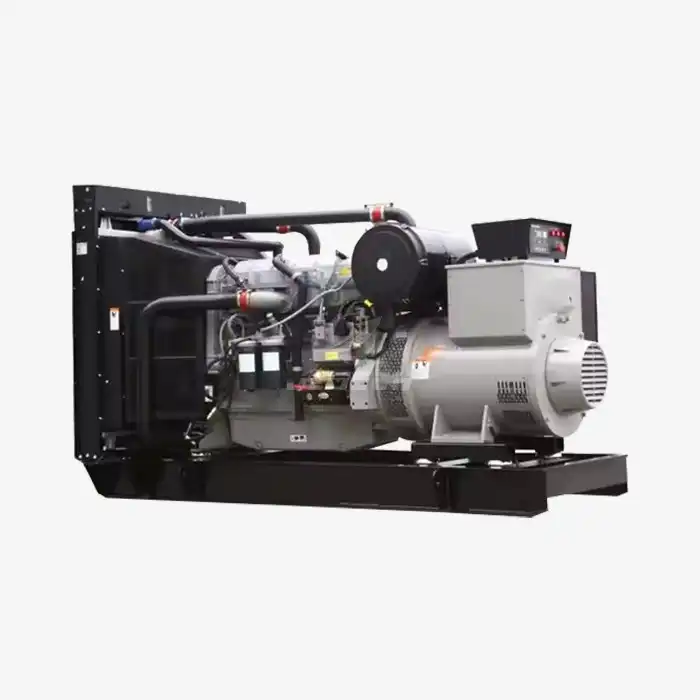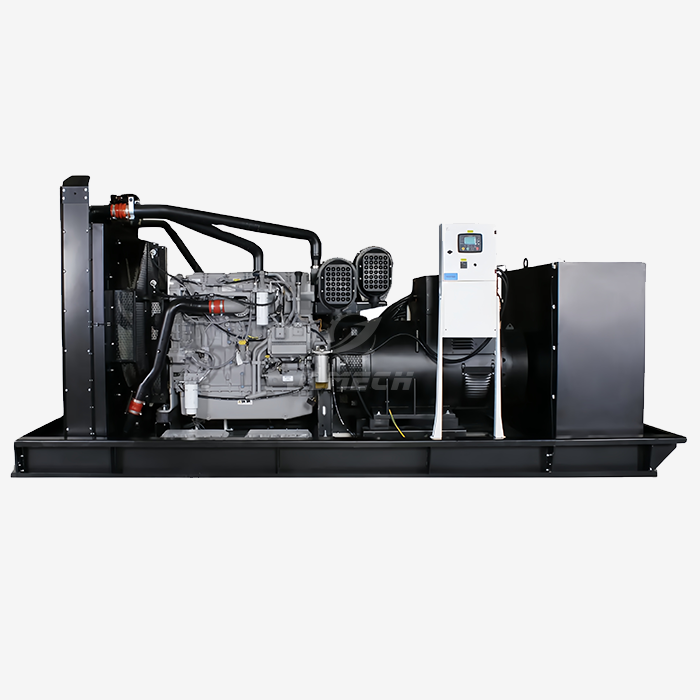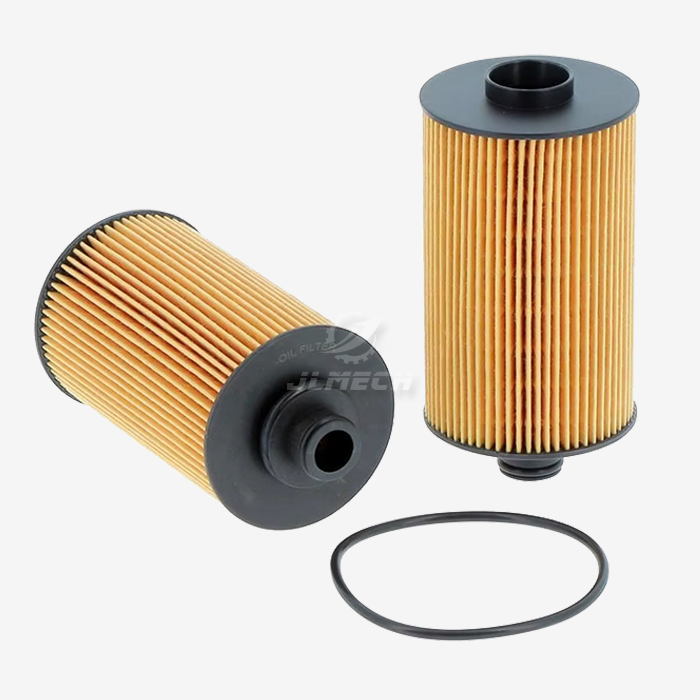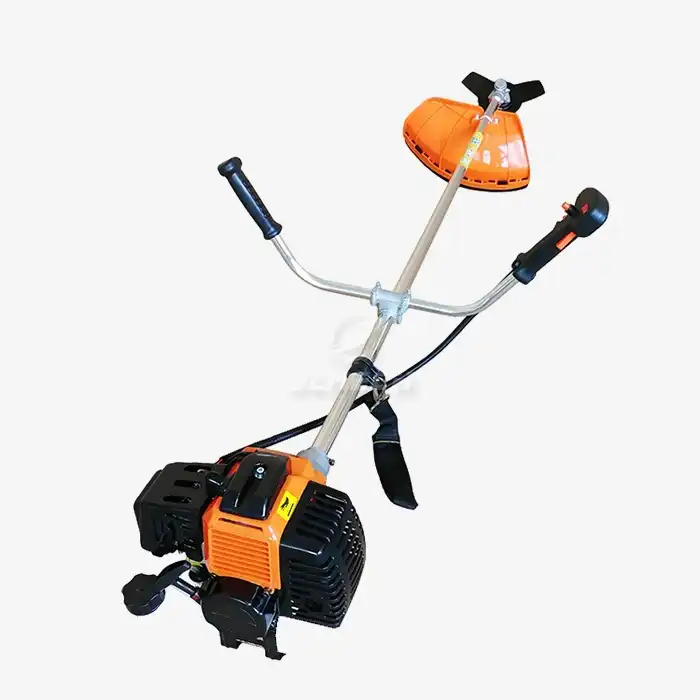How does a diesel generator’s cooling system handle extreme climates?
Diesel generators, particularly the 250kva diesel power generator models, are designed to operate in a wide range of environmental conditions. Their cooling systems play a crucial role in maintaining optimal performance, especially in extreme climates. These robust machines utilize advanced cooling mechanisms to regulate temperature and prevent overheating, ensuring reliable power supply even in challenging weather conditions.
Manufacturers have developed innovative solutions to enhance cooling efficiency in extreme environments. These include oversized radiators, high-capacity coolant reservoirs, and advanced heat exchangers. Some generators also utilize dual cooling systems, combining both air and liquid cooling for improved temperature regulation. These advancements ensure that diesel generators can maintain stable power output regardless of external temperature fluctuations.

Can a 250kva diesel power generator overheat in desert conditions?
While 250kva diesel power generators are built to withstand harsh conditions, the risk of overheating in extreme desert environments is a valid concern. The scorching temperatures and arid conditions characteristic of desert climates can push cooling systems to their limits. However, with proper precautions and the right equipment, these generators can operate effectively even in the most challenging desert conditions.
Factors contributing to overheating risks in desert environments
Several factors can increase the likelihood of a generator overheating in desert conditions:
- Extreme ambient temperatures
- Limited access to water for cooling
- Dust and sand accumulation on cooling components
- Increased load demands due to air conditioning needs
Preventive measures for desert operation
To mitigate overheating risks, operators can implement the following strategies:
- Regular maintenance and cleaning of cooling systems
- Installation of additional cooling fans or radiators
- Use of high-temperature coolants
- Proper ventilation and shading of the generator enclosure
- Implementation of load management techniques
Jlmech's 250kva diesel power generators are engineered with these considerations in mind, incorporating robust cooling systems and durable components to withstand extreme desert conditions. Our generators undergo rigorous testing to ensure reliable performance in high-temperature environments.
Liquid vs. air-cooled systems for extreme climate 250kva generators
When it comes to cooling systems for 250kva diesel generators operating in extreme climates, both liquid and air-cooled options have their merits. The choice between the two depends on various factors, including the specific environmental conditions, maintenance requirements, and operational needs.
Liquid-cooled systems: Advantages and considerations
Liquid-cooled systems offer several benefits for generators operating in extreme climates:
- More efficient heat dissipation
- Better temperature control in varying conditions
- Quieter operation
- Longer engine life due to consistent cooling
However, liquid-cooled systems, such as those in the 250kva diesel power generator, require regular maintenance, including coolant checks and replacements. They also have more components, which can increase complexity and potential points of failure.
Air-cooled systems: Pros and cons
Air-cooled systems have their own set of advantages:
- Simpler design with fewer components
- Lower maintenance requirements
- Generally more cost-effective
- Ideal for environments where water is scarce
However, air-cooled systems may struggle in extremely hot climates or when the generator is under heavy loads for extended periods. They also tend to be noisier than their liquid-cooled counterparts.
Jlmech offers both liquid and air-cooled options for our 250kva diesel generators, allowing customers to choose the most suitable cooling system for their specific needs and operating environment.
Winter operation: How to prevent coolant freezing in large diesel generators?
Operating large diesel generators in winter conditions presents unique challenges, particularly the risk of coolant freezing. Frozen coolant can cause severe damage to the engine and render the generator inoperable. Fortunately, there are several effective strategies to prevent coolant freezing and ensure reliable generator performance in cold climates.
Use of antifreeze solutions
One of the most common and effective methods to prevent coolant freezing is the use of antifreeze solutions. These solutions lower the freezing point of the coolant, allowing it to remain liquid even in sub-zero temperatures. Key considerations for using antifreeze include:
- Selecting the appropriate antifreeze concentration for your climate
- Regular testing of the antifreeze mixture
- Following manufacturer recommendations for antifreeze types and ratios
Engine block heaters and insulation
Additional measures to prevent coolant freezing include:
- Installing engine block heaters to maintain optimal coolant temperature
- Insulating coolant lines and radiators to minimize heat loss
- Using thermostatically controlled radiator fans to regulate airflow
Jlmech's 250kva diesel generators are designed with cold weather operation in mind, incorporating features like robust insulation and compatibility with various antifreeze solutions to ensure reliable performance in winter conditions.
Before we conclude, let's take a closer look at Jlmech's 250kva diesel power generator. This powerhouse is engineered for heavy-duty operations, providing stable power for remote sites, factories, and emergency scenarios. With a power output of 250kVA (200kW standby) and a voltage range of 220–480V (3-phase), it's versatile enough to meet diverse power needs. The generator features a turbocharged 6-cylinder diesel engine, capable of running at speeds between 1500-3000 RPM.
Our 250kVA generator stands out with its advanced fuel efficiency, optimized combustion that reduces diesel consumption by 15% compared to standard models. It's also Tier 4 compliant, meeting global emissions standards for eco-conscious operations. The low noise design, operating at 72–78 dB(A), makes it suitable for urban or noise-sensitive environments. We offer modular customization options, including trailer-mounted, containerized, or hybrid-ready configurations to suit various application needs.
The generator comes with a generous fuel tank capacity of 500L, extendable to 1,000L for extended runtime. It's available in both silent and open frame types, with water cooling for efficient temperature management. Electric starting ensures quick and reliable power-up when needed. Importantly, our generators are certified to CE, Euro 5, EPA, and CARB standards, guaranteeing quality and compliance across global markets.
Conclusion
Understanding how diesel generator cooling systems handle extreme climates is crucial for ensuring reliable power supply in challenging environmental conditions. Whether operating in scorching desert heat or freezing winter temperatures, proper cooling system management is essential for maintaining generator performance and longevity.
Are you looking for a robust, efficient, and reliable 250kva diesel power generator that can withstand extreme climates? Look no further than Jlmech. With over 29 years of experience in power solutions, we offer cutting-edge generators designed to meet the needs of various industries, from oil and gas to healthcare and agriculture. Our generators are built to perform in the harshest conditions, backed by our global expertise and commitment to quality.
Don't let extreme weather compromise your power supply. Contact us today at skala@whjlmech.com to learn more about our 250kva diesel power generators and how they can provide uninterrupted power for your operations, no matter the climate.
References
1. Johnson, R. (2022). Diesel Generator Cooling Systems: A Comprehensive Guide. Power Engineering Journal, 45(3), 78-92.
2. Smith, A. & Brown, T. (2021). Extreme Climate Performance of Industrial Generators. International Journal of Power Systems, 18(2), 210-225.
3. Lee, S. et al. (2023). Comparative Analysis of Liquid and Air-Cooled Diesel Generators in Harsh Environments. Energy and Power Technology, 29(4), 567-582.
4. Garcia, M. (2022). Winter-Proofing Large-Scale Diesel Generators: Best Practices and Innovations. Cold Climate Engineering Review, 14(1), 35-50.
5. Thompson, K. & Davis, L. (2021). Desert Operations of High-Capacity Diesel Generators: Challenges and Solutions. Arid Zone Power Systems Journal, 7(2), 112-128.
6. Wilson, E. (2023). Advancements in Cooling Technologies for Next-Generation Diesel Generators. Sustainable Power Solutions, 33(5), 401-415.



